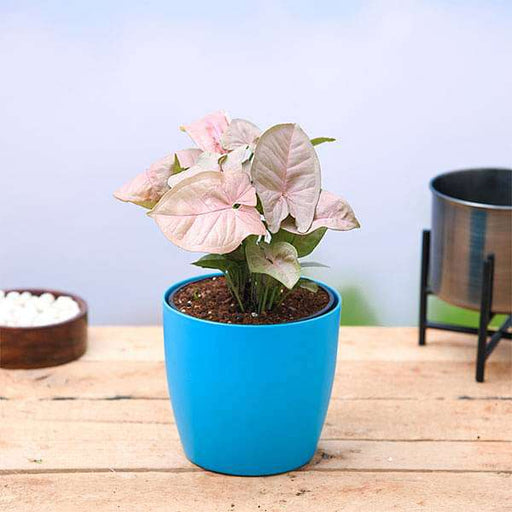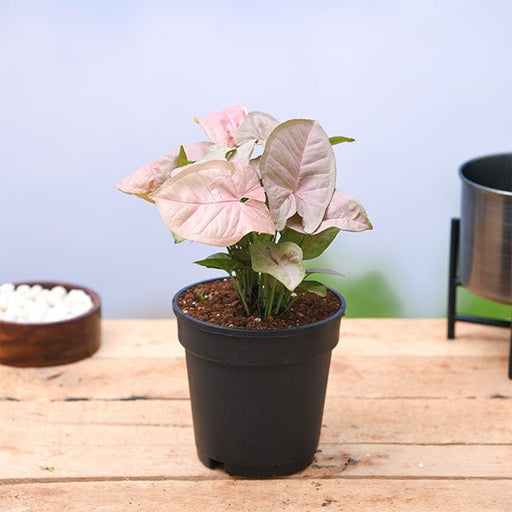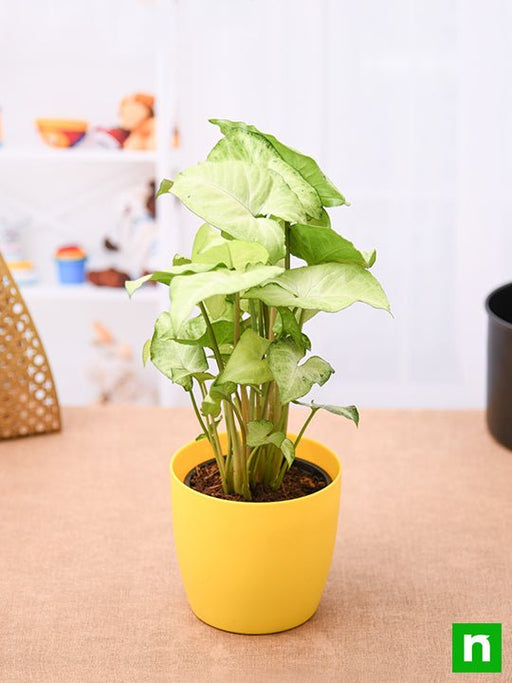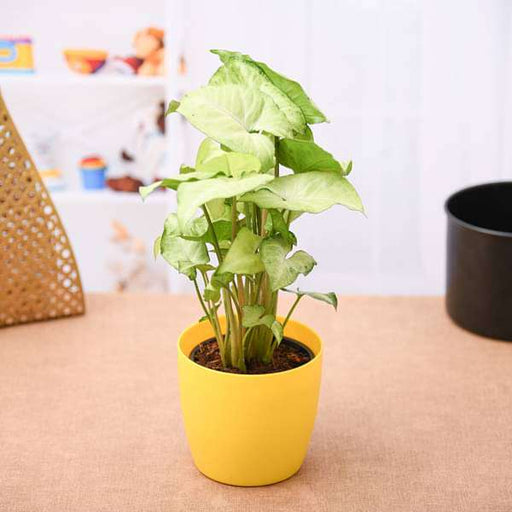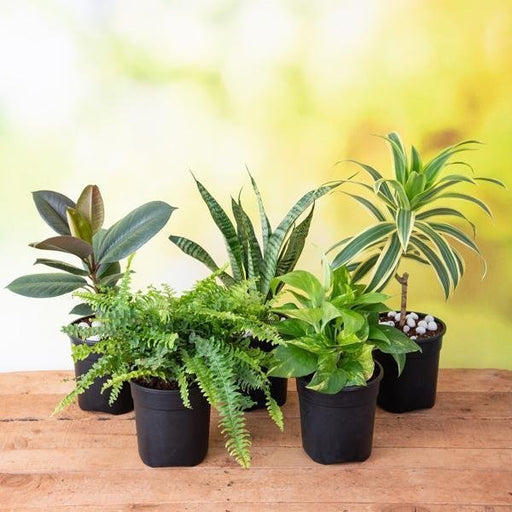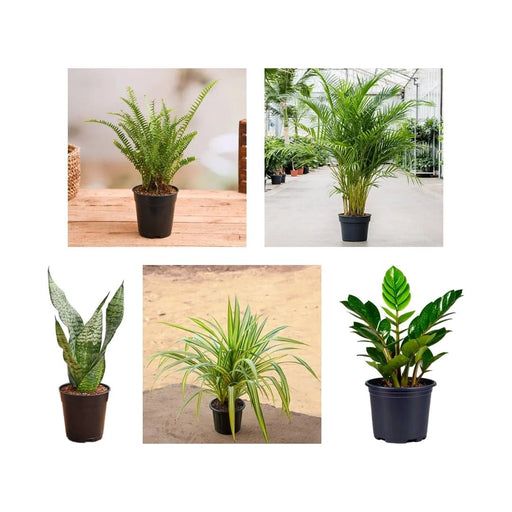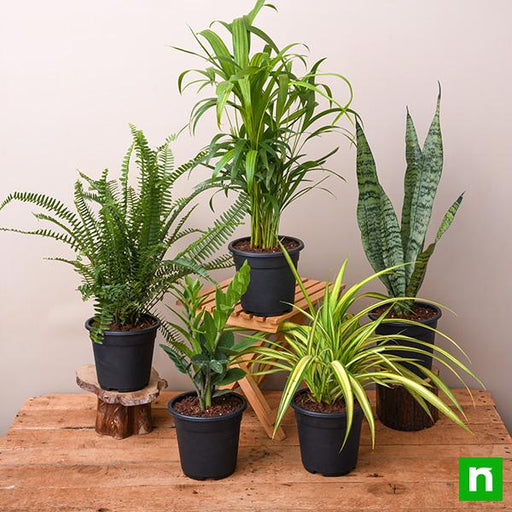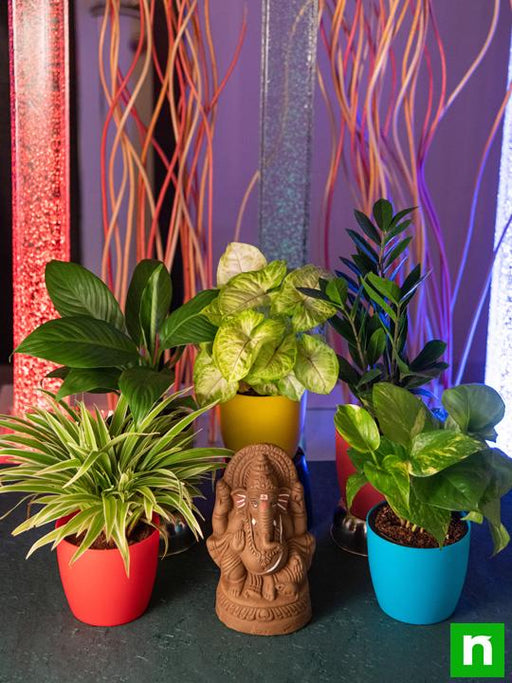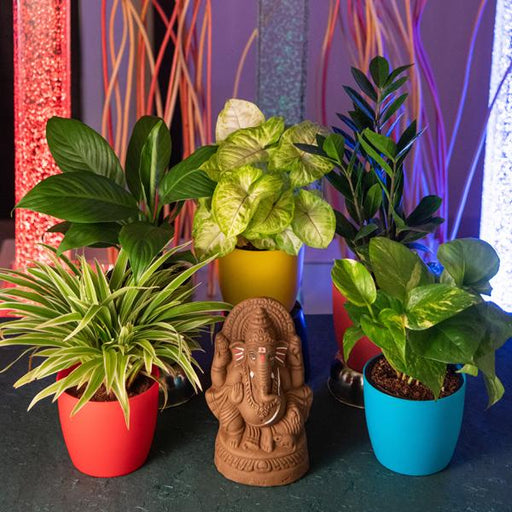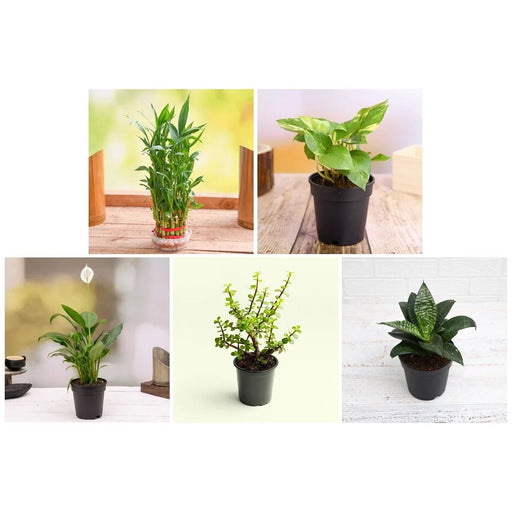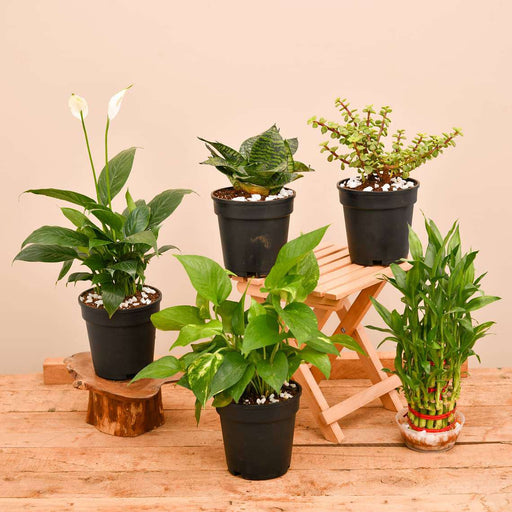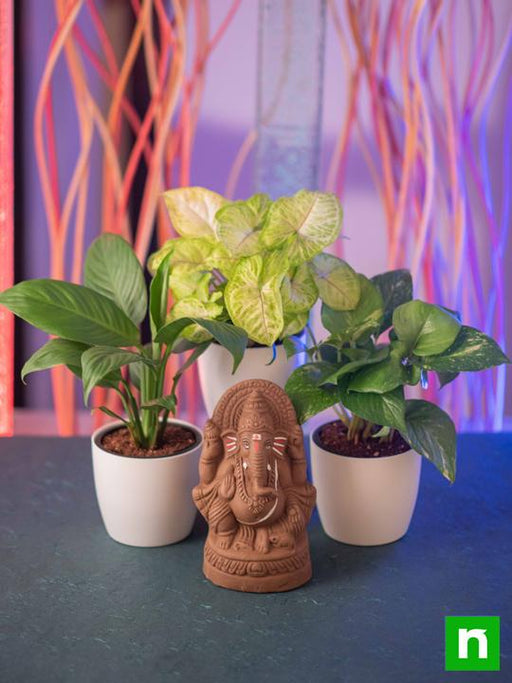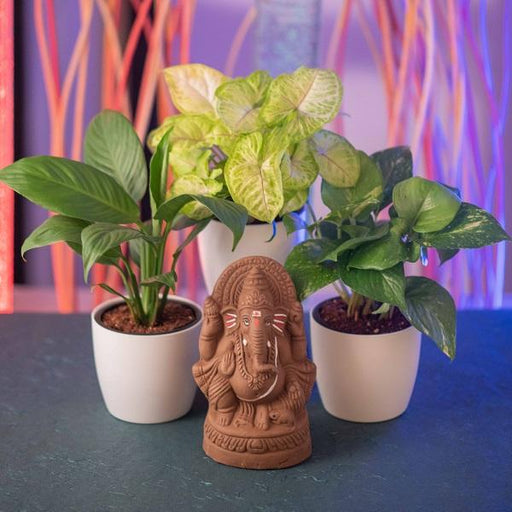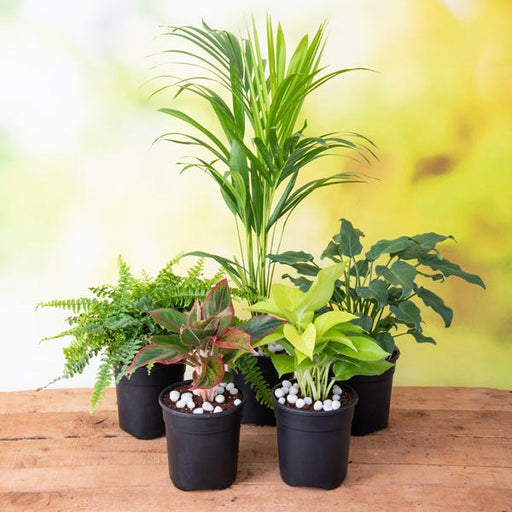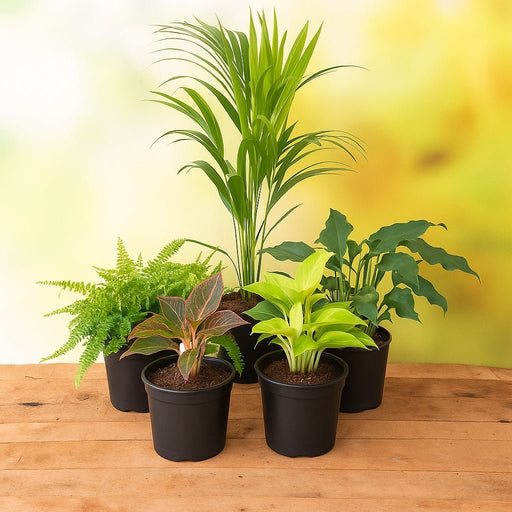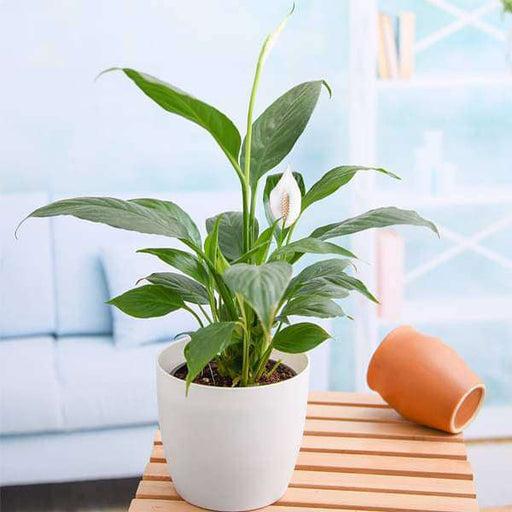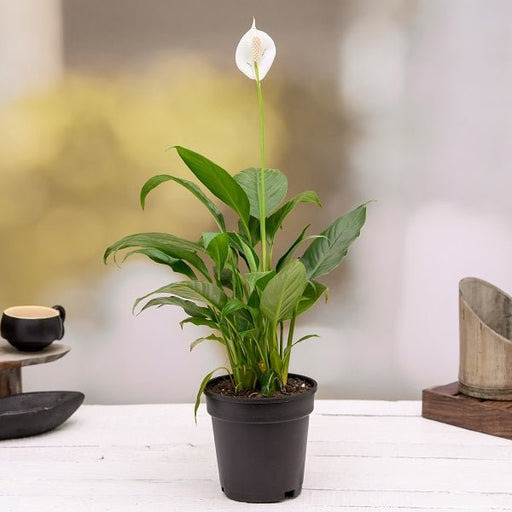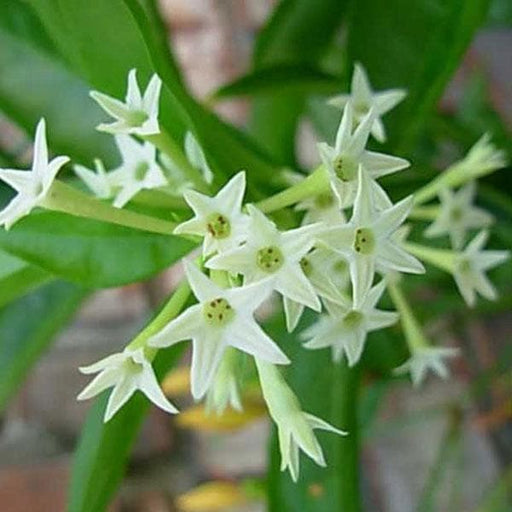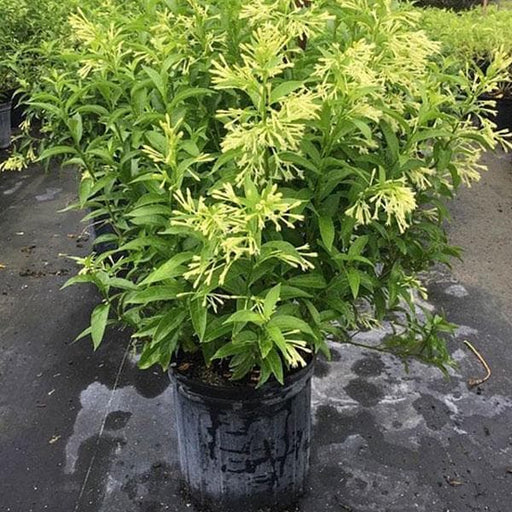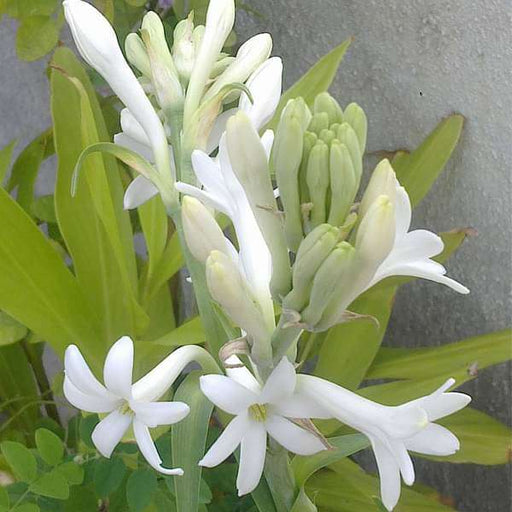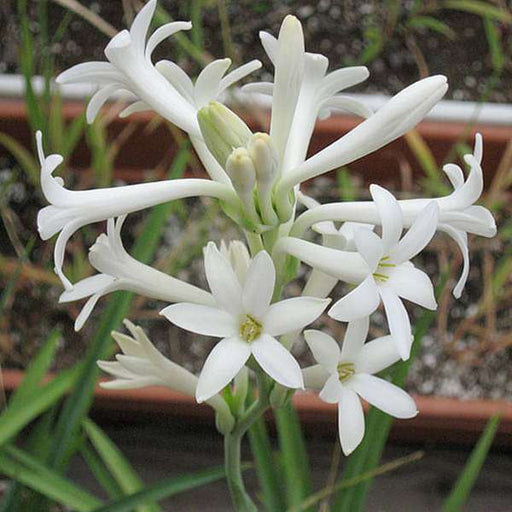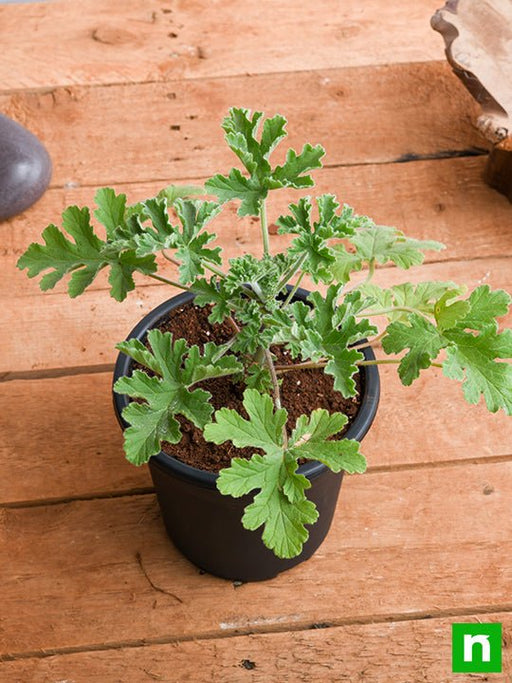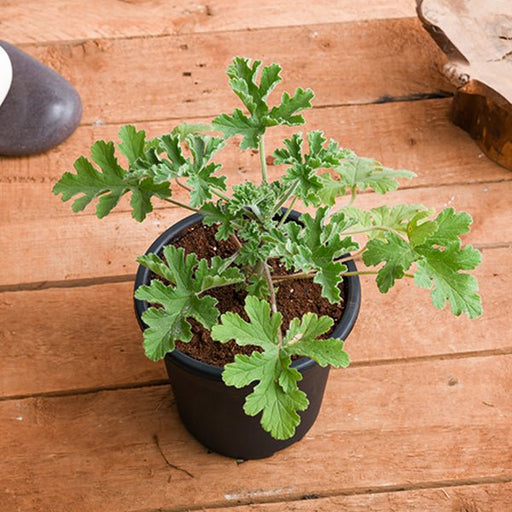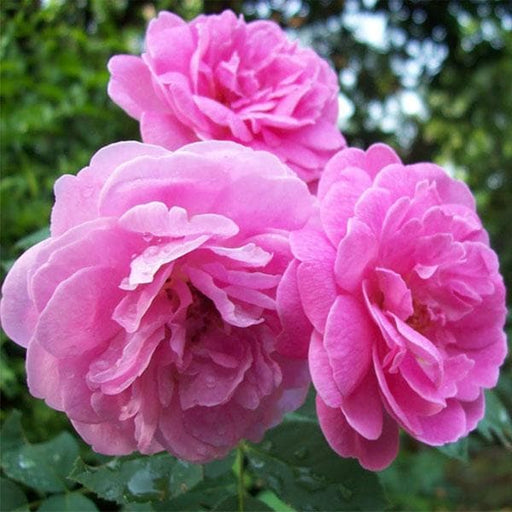Syngonium care
Syngonium plants are known for their low maintenance requirements, making them a popular choice for indoor gardening enthusiasts. To care for your Syngonium, make sure it receives bright, indirect sunlight and water it when the soil feels dry.
Syngonium varieties
Syngonium is a genus of plants that includes several different species, such as Syngonium podophyllum and Syngonium erythrophyllum. Each plant has its own unique characteristics and care requirements.
Syngonium soil
Syngonium plants prefer well-draining soil that is rich in organic matter. A mixture of potting soil, sand, and perlite is ideal for these plants.
Syngonium pruning
Pruning Syngonium plants can help maintain their shape and promote healthy growth. Use sharp, clean pruning shears to remove any dead or damaged leaves and stems.
Syngonium pests
While Syngonium plants are generally easy to care for, they can be susceptible to pests such as spider mites and mealybugs. Regularly inspect your plant for signs of infestation and treat promptly if necessary.
Syngonium fertilizer
Syngonium plants do not require much fertilizer, but can benefit from occasional feeding during the growing season. Use a balanced fertilizer every 2-3 months to promote healthy growth.
Syngonium propagation
Propagating Syngonium plants can be done through stem cuttings or division. Stem cuttings should be taken from a healthy plant and rooted in soil or water. Division involves separating the plant into smaller sections and replanting them in fresh soil.
Syngonium lighting
Syngonium plants prefer bright, indirect light. Avoid placing them in direct sunlight, as this can burn their leaves.
Syngonium humidity
Syngonium plants prefer high humidity levels and can benefit from being placed near a humidifier or misted regularly.
Syngonium temperature
Syngonium plants prefer temperatures between 60-85°F (15-29°C). Avoid placing them near cold drafts or hot air vents.
Syngonium toxic
Syngonium plants are toxic to pets and humans if ingested. Keep them out of reach of pets and children.
Syngonium color
Syngonium plants have a wide range of leaf colors, from green and white to pink and purple.
Syngonium origin
Syngonium plants are native to tropical regions of Central and South America.
Syngonium size
Syngonium plants can range in size from small tabletop plants to large floor plants. Choose a size that fits your space and needs.
Syngonium water
Syngonium plants prefer to be on the moist side and can wilt if underwatered. Water when the top inch of soil feels dry and avoid letting the plant sit in standing water.
Syngonium flowering
Syngonium plants can produce small, inconspicuous flowers in the right conditions. However, they are primarily grown for their attractive foliage.
Syngonium pattern
Syngonium plants have a distinctive leaf pattern, with arrow-shaped leaves that can be solid or variegated.
Syngonium pruning for propagation
Pruning can also be used as a method of propagation for Syngonium plants. By taking stem cuttings and rooting them in soil or water, you can create new plants and expand your collection.
Syngonium repotting
Syngonium plants should be repotted every 1-2 years to provide fresh soil and room for growth. Choose a pot that is slightly larger than the current one and fill with fresh potting mix.
Syngonium symbolism
Syngonium plants are often associated with wealth and prosperity. They are believed to bring good luck and financial success to the home or office. Additionally, they are known for their air-purifying abilities, making them a great choice for improving indoor air quality.


